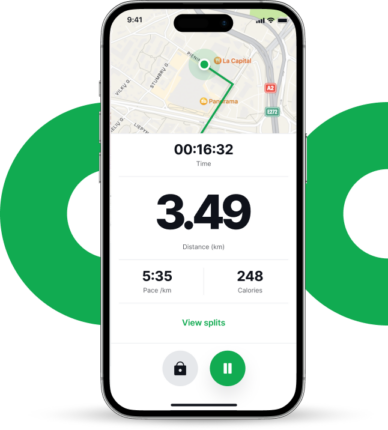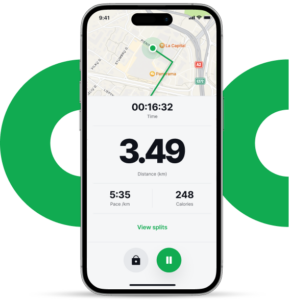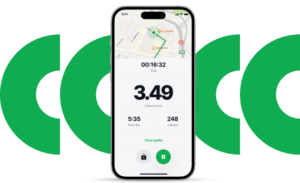Everyone knows how beneficial exercise is, but many of us procrastinate when it comes to actually doing it. If you’ve ever said, “I’ll start tomorrow,” only to keep putting it off, you’re not alone. This time, we decided to test out the Brainway app to see if it could help tackle one of the biggest barriers to fitness—procrastination.
With Brainway’s focus on mindfulness and habit-building, we explored how it could build a consistent exercise routine and break the cycle of putting off physical activity.
In This Article:
Why Do We Procrastinate Exercise?
Procrastinating exercise isn’t uncommon, and it often stems from a mix of mental barriers like:
- Fear of Failure: The fear that you won’t be able to stick with it.
- Overwhelm: Even the thought of committing to an exercise routine can feel too big to handle.
- Lack of Motivation: Some days, the drive to get moving just isn’t there, and you convince yourself that skipping one day won’t hurt.
- Emotional Barriers: Stress, anxiety, or a bad day can make working out seem impossible.
The Brainway app aims to tackle procrastination by addressing these underlying mental challenges. With its mindfulness techniques and personalized tracking features, it claims to help you understand your habits, track progress, and take control of your fitness journey.
How Does Brainway Work for Exercise Procrastination?
Brainway was originally designed as a tool to help users tackle procrastination and improve focus on mental tasks, but its approach proves to work well for building consistent exercise routines. Here’s how Brainway supports users in overcoming exercise procrastination:
- Mindfulness Techniques: Brainway incorporates mindfulness practices aimed at helping users manage their emotional state and stay present. These techniques reduce mental resistance to physical activity by encouraging users to focus on the present moment rather than feeling overwhelmed by the workout ahead.
- Personalized Tracking: The app allows users to track their daily habits, including exercise routines. By offering personalized insights into patterns, motivation, and progress, Brainway helps users stay aware of their improvements and areas that need attention.
- Daily Reminders: Brainway provides gentle nudges to help users stay accountable to their fitness goals. These reminders help maintain consistency by encouraging users to engage in physical activity, even on low-energy days.

The Experiment: Using Brainway to Build a Workout Habit
To thoroughly test Brainway’s effectiveness in breaking the cycle of exercise procrastination, we conducted an experiment with ten participants who identified exercise procrastination as a recurring issue. Each participant was asked to use the app daily for one month, with the goal of developing a consistent workout habit.
How the Experiment Was Structured:
Exercise Routine: Participants began with simple workouts lasting 15-20 minutes each day. As their comfort and consistency improved, they were encouraged to gradually increase the duration or intensity of their workouts.
Mindfulness and Reflection: Brainway’s mindfulness exercises were used by each participant before and after workouts to help them manage mental resistance and reflect on their emotional and physical progress.
Tracking and Accountability: Participants logged their workouts, mood, focus, and motivation levels through the Brainway app every day, which helped them track both physical activity and emotional states.
1. Mindfulness Helps Overcome Resistance
A key finding of the experiment was the impact of Brainway’s mindfulness exercises on reducing the initial resistance to exercise. Many users reported struggling to even begin a workout, especially after a long or stressful day. Brainway’s mindfulness techniques helped them recognize their avoidance without being paralyzed by it.
2. Tracking Progress Reduces Overwhelm
Brainway’s tracking system was another feature that helped reduce the overwhelm participants often felt with long-term fitness goals. Instead of focusing on distant targets, users found themselves celebrating small, consistent wins, which helped them stay motivated. Even short workouts felt productive, as participants could see their progress building over time. This shift in mindset helped reduce feelings of guilt and pressure, making it easier to stay committed.
Tracking the consistency of workouts, rather than aiming for perfection, helped participants maintain momentum. As they saw their effort accumulate, they felt a growing sense of achievement, which motivated them to keep going.

Takeaways: Can Brainway Help You Stay Active?
At the end of the experiment, all ten participants reported significant improvements in their ability to stick to a workout routine. While none of them claimed that Brainway completely eliminated procrastination, they did find that the app made it noticeably easier to begin—which is often the hardest part.














